Are all non-Muslims going to Hell according to Islam?

By Missionary Mansur Ahmad Chattha
False Allegation
No! Islam neither claims that all non-Muslims will go to Hell nor does it say that everyone who calls themselves a Muslim will necessarily enter Heaven. The decision of who goes to Heaven or Hell is left entirely to God and is based on God’s Grace and Mercy rather than on our deeds alone.
Islam Establishes Divine Origin other Religions
In fact, Islam is the only religion in the world that totally rejects the notion that truth is the monopoly of any single faith, race or people. Only the religion of Islam professes that Divine guidance is a general bounty that has sustained humanity in all ages, and mandates belief in the principle that every race across the globe, have received a religion and teaching from God (Holy Quran 16:37).
Muslims Believe in all Prophets of God
Despite the differences we see between various religions in the modern day, it is most likely that all religions have a common origin. To say otherwise would be to claim that God provided guidance to one people but neglected another. Islam rejects this notion.
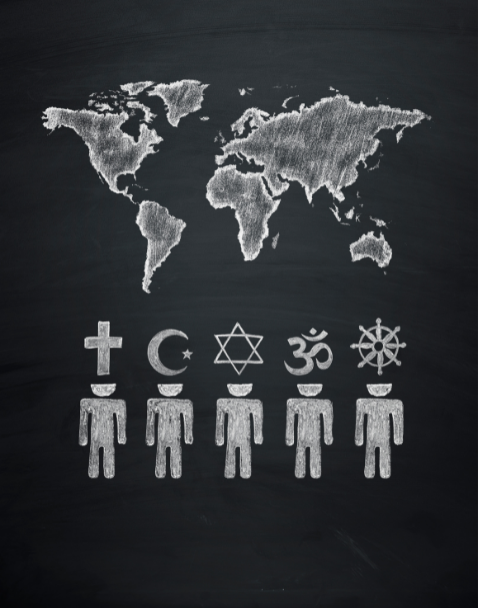
The message of the Holy Quran, the Sacred Scripture of Islam, is very clear in this regard:
“And We did send Messengers before you; of them are some whom We have mentioned to you, and of them are some We have not mentioned to you.”
Holy Quran 40:79
“…and there is no people to whom a Warner has not been sent.”
Holy Quran 35:25
In view of the above, it should be clear that Islam declares that in all ages and in all parts of the world, God has been looking after the spiritual and religious needs of mankind, by raising Messengers who delivered the Divine message to the people for whom they were raised and commissioned.
Salvation cannot be Monopolised by any Single Religion
According to Islam, salvation cannot be monopolised by any single religion of the world.
Whoso adheres to the essence of the original teaching sent down to them, whether it be called Christianity, Judaism, Hinduism, Buddhism etc., then such may attain salvation. But what is that essence? The worship of the One God (“Allah”) and belief in accountability is, according to the Quran, the essence of every religion:
‘We did raise among every people a Messenger with the teaching “Worship Allah and shun the Evil One”.’
Holy Quran 16:37
Thus, those who adhere to this basic message – worship of the One God, and belief in accountability after death, are following the essence of the original teaching. Whether you call it Christianity, Judaism, Hinduism, from the Islamic perspective, that is Islam. This is why the Quran states:
“Surely those who have believed, and the Jews, and the Sabians, and the Christians—whoso believes in Allah and the Last Day and does good deeds, on them shall come no fear, nor shall they grieve.”
Holy Quran 5:70
“And whoso seeks a religion other than Islam, it shall not be accepted from him, and in the life to come he shall be among the losers.”
Holy Quran 3:86
The above two verses are not contradictory, because the term “Islam” in the second quoted verse refers to the basic religion of those who believe in “Allah and the Last Day and …(do) good deeds” mentioned in the first quoted verse, whether they nominally be Christians, Jews or Sabians. This is reiterated by other verses too. The word “Sabi” used in the verse above is a term used by the Arabs to apply to the followers of all non-Arab and non-Semitic religions, which have their own revealed Books. As such, followers of all religions based on Divine revelation have been granted the assurance that provided they believe in the concept of the One Indivisible God (“Allah”) and believe in the day of accountability (“The Last Day”), and do good deeds, then they have nothing to fear from God and will not be denied salvation.
According to this understanding, even those who call themselves “Muslim” but do not believe in these two core teachings, will be regarded by God as outside of “Islam”, while a nominal Christian, Buddhist or Jew, who does believe in these core teachings, would be included in the term “Islam”.
If those of other faiths however, also reject these two principles, either by splitting godhood up into multiple parts as with the orthodox Christian concept of the Trinity or modern-day Hinduism, then you will, according to Islam, be held accountable for that. Islam recognises however that within every religion, there are those who adhere to its original form, and reject beliefs that violate the concept of God’s Unity or the accountability of humans. Indeed, to prevent Muslims from censuring indiscriminately all those who do not call themselves Muslim, the Holy Quran declares, regarding those who follow a revealed religion, known in the Quran as the “People of the Book” that:
“They are not all alike. Among the people of the Book are those who are very pious and God-fearing, and who stand by their covenant; they recite the Word of Allah in the hours of night and prostrate themselves before Him. They believe in Allah and the Last Day, and enjoin good and forbid evil, and hasten to vie with one another in good works. These are among the righteous. Whatever good they do, they shall not be denied its due reward, and Allah well knows those who guard against evil.”
Holy Quran 3:114-116
Why follow Islam?
Earlier religions did not regard their Messages as absolutely final and continuously assured their followers of a coming Message. And since recognition and adherence to the original teachings of other religions is extremely difficult, given the immense number of changes humans have brought about in them, Islam presents its own teaching as a fulfilment and completion of those original messages. It teaches that through Islam, a person may regain the original, lost message of their faiths, in a more complete form.
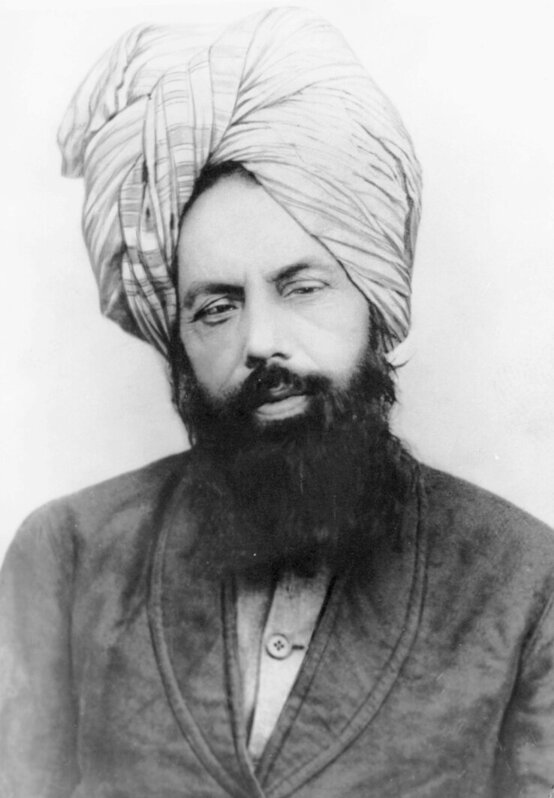
Hazrat Mirza Ghulam Ahmad, the Promised Messiah (as), explains:
“A study of the religions of the world reveals that every religion, except Islam, contains some mistake or the other. This is not because they were all false in their origin, but because after the advent of Islam, God gave up the support of other religions. They became like neglected gardens, which had no gardener to look after them, and for the irrigation and upkeep of which no arrangement had been made, so that gradually they began to decay. Their fruit-bearing trees became dry and barren, and thorns and weeds spread all over. Those religions lost all spirituality, which is at the root of all religions, and nothing was left but bare words.” – The Essence of Islam, Vol. 1, pp. 14-15
Describing the position of Islam vis-a-vis other religions, his Holiness, Hazrat Mirza Tahir Ahmad (rh), fourth Caliph of the Ahmadiyya Muslim Community, writes:
“First, in application to the time span prior to Islam, this verse provides us with an excellent example of how the Holy Quran treats every other religion with absolute justice in a manner which is totally unrivalled in any other Scripture. This verse promises people of all ages, prior to the revelation of the Quran, that regardless of the religion they subscribed to, or by whatever name it was called, as long as they believed in Allah and the Last Day and performed good deeds as their religion required of them, Allah assures them peace and salvation. He promises that they will fear not, nor will they ever grieve. So far as all earlier faiths are concerned, this verse gives glad tidings of salvation to all people belonging to them, provided they sincerely act upon their teachings and also believe in the inevitability of the Day of Judgement.
The second aspect of this verse applies to all those people who, despite living at the same time as the Holy Prophet (sa), did not receive the message of Islam. In this respect they are placed in the same category as the people of earlier eras….
Similarly, a third application of the same verse addresses those people who were contemporaries of the Holy Prophet (sa) but were adherents of other religions. If they were true to their principles and steadfast in their faith and good works, this verse gives them glad tidings that Allah will not deprive them of their reward.
In this respect, we find from the Holy Quran that good works are rewarded in two ways; one being here on earth, the other being attained in the life after death. As far as the former category is concerned, it means that as a result of their good works and sincere faith, as soon as the message of Islam reaches these people, they are expected to accept it.” – Absolute Justice, Kindness & Kinship, Mirza Tahir Ahmad, p. 166-168
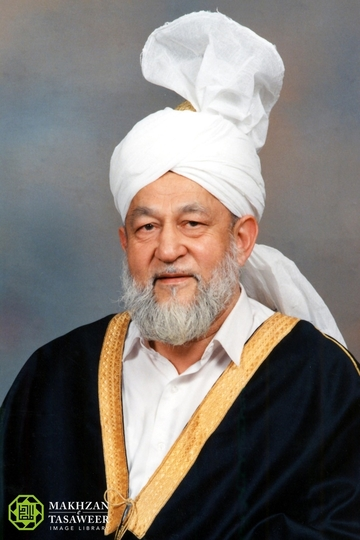
Answer by the Fourth Caliph of the Ahmadiyya Muslim Community
This interpretation is entirely in line with the teaching given by the Holy Founder of Islam, the Prophet Muhammad (sa), himself, who stated that the reward of good deeds done before accepting Islam, is God’s guidance to accept Islam:
Hazrat Hakim bin Hizam (ra) narrates: ‘Before accepting Islam I undertook many good works. I served the poor, I fed the hungry and helped the distressed. After accepting Islam, I asked the Holy Prophet (sa), ‘O Prophet of Allah! What will become of the good deeds I performed before I accepted Islam? Will they be rewarded?’ Muhammad (sa) replied, ‘Your Islam is your reward’.’
Sahih Muslim 123a
Further Reading
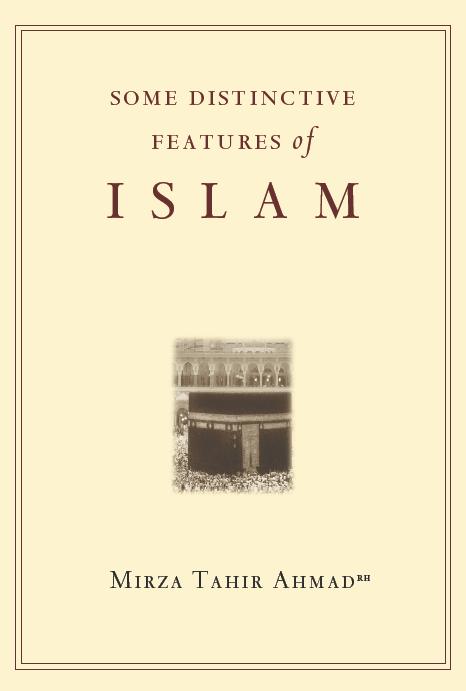
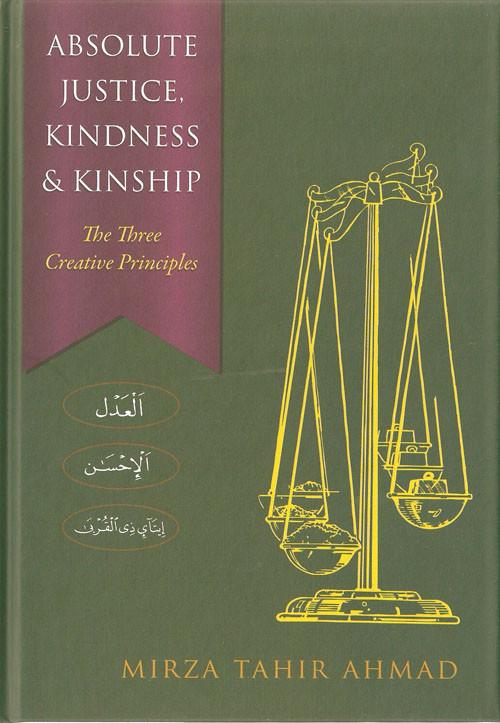
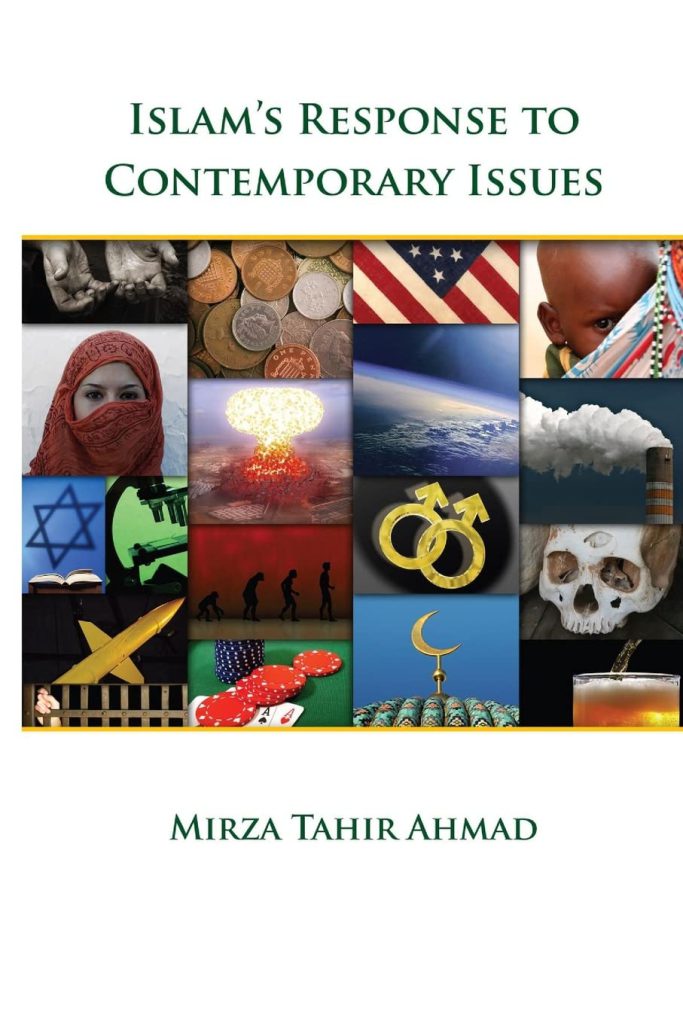
More articles
Contact
National Outreach Department:181 London Rd, Morden SM4 5PT, U.K.
Email: [email protected]Phone: 0208 6877804
@ 2025 Ahmadiyya Muslim Community, All Rights Reserved.